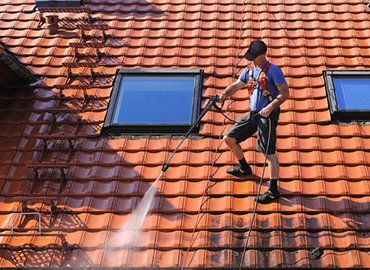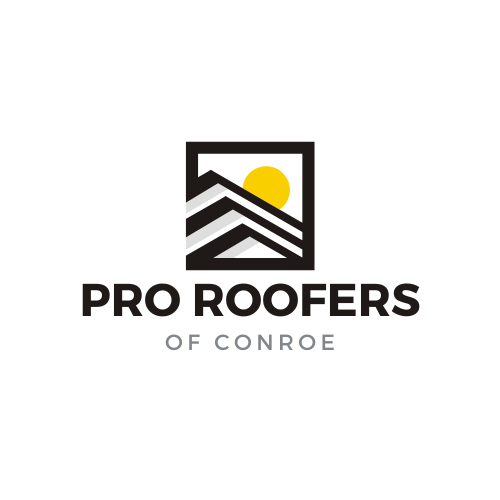Roof Pro Blog
Commercial Roofing
Commercial roofing refers to the roofing systems and services designed for commercial buildings, which are typically larger and have different structural and functional requirements compared to residential structures. Commercial roofing involves the installation, maintenance, and repair of roofs on various types of non-residential buildings, such as office complexes, industrial facilities, retail spaces, warehouses, and more.
Key aspects of commercial roofing include:
- Roofing Materials: Commercial roofs often use different materials than residential roofs due to the size and specific needs of commercial buildings. Common commercial roofing materials include built-up roofing (BUR), single-ply membranes (TPO, PVC, EPDM), metal roofing, modified bitumen, and green roofing systems.
- Roof Design: Commercial buildings can have flat roofs, low-slope roofs, or more complex designs compared to the steep-slope roofs often found in residential construction. The design of the roof depends on the specific requirements of the building and the activities taking place within it.
- Installation and Maintenance: Commercial roofing projects are typically larger in scale, and installation requires specialized knowledge and skills. Proper installation is crucial to ensuring the longevity and performance of the roof. Regular maintenance is also essential to identify and address potential issues before they become major problems.
- Energy Efficiency: Many commercial buildings focus on energy efficiency, and the choice of roofing materials can play a significant role in this regard. Cool roofing options, such as reflective materials that reduce heat absorption, are often used to enhance energy efficiency and lower cooling costs.
- Code Compliance: Commercial roofing projects must adhere to building codes and regulations, which vary by location. Compliance with these codes is essential to ensure the safety and structural integrity of the building.
- Waterproofing: Proper waterproofing is critical for commercial roofs to prevent water infiltration and protect the building's interior. This is especially important for flat or low-slope roofs where water drainage may be slower.
Due to the complexity and size of commercial roofing projects, businesses typically hire professional commercial roofing contractors who specialize in this field. These contractors have the expertise, equipment, and experience to handle the unique challenges associated with commercial roofing, ensuring the durability and functionality of the roof over the long term.


